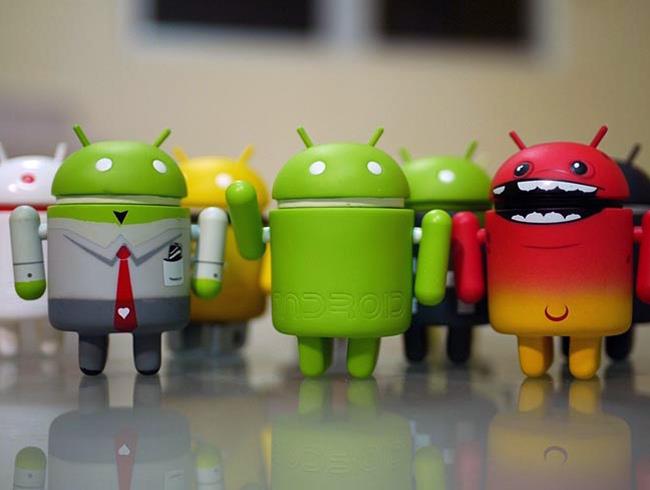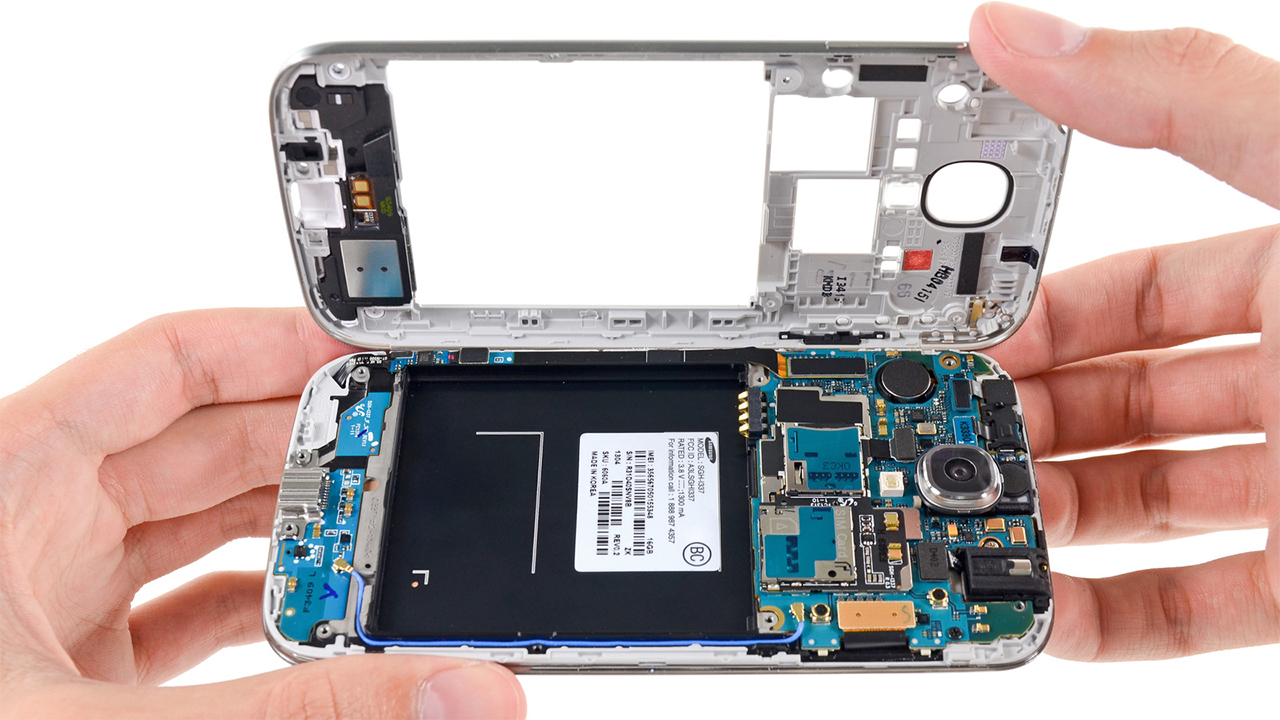Our Top Crypto AltCoins and Why They Are Good Buys

Bitcoin is the largest cryptocurrency in the world, but there are thousands of other crypto tokens in the market. It pays to know more about the wide world of crypto and which other tokens to buy into. In this article, understand the different categories of cryptocurrencies and how you can use this knowledge to select the altcoins you prefer.
Since the dawn of Bitcoin a decade ago, thousands of other cryptocurrencies, collectively known as altcoins, have been created. For instance, top crypto information website CoinMarketCap currently tracks 8,350 altcoins, with possibly thousands more to come.
Of course, Bitcoin continues to lead all cryptocurrencies in terms of market capitalization, user base, and popularity. But the global market has matured beyond the world’s main digital asset. Some of the other top altcoins are driving further growth and adoption for the market, launching innovations that are already changing the world of finance and other industries as we speak.
In the fast-growing crypto community, there are already countless opinions and think pieces when it comes to which Bitcoin alternatives to buy and hold. However, in the spirit of fairness, we will avoid specific recommendations. For our guide on what crypto to buy besides Bitcoin, we will instead venture into the several categories of altcoins, at least at this particular moment. Think of these categories as a rough estimation of the industries that were built around the overall crypto revolution of the past few years.
By discussing categories over specific tokens, we want to help newcomers in crypto to understand the roles each altcoin plays in the bigger scheme of things. It’s worth noting that crypto projects evolve very quickly, and several of the altcoins we talk about under each category below may actually fall under more than one classification.
Finally, we emphasize that the discussions on the altcoins below should not be taken as financial or investment advice. At Binance, we believe in the freedom of money. We believe that it’s better to help inform you about crypto, inspire you to do your own research, and draw your own conclusions and decisions. Let this article be the start of your crypto journey instead of a menu of which crypto to buy.
Blockchain Platforms
We begin with the crypto projects that have built their own blockchain networks upon which several developers have created their decentralized apps and solutions. Think of this as the crypto version of Windows, iOS, or Android. The more programs are built on top of these blockchains, the more consequential they are in the overall crypto movement.
Ethereum (ETH) is the biggest blockchain platform in the world and the second-largest crypto after Bitcoin. So far, more than 280,000 tokens have been issued on the Ethereum network as ERC-20 tokens, and over 40 of these tokens make the top 100 cryptocurrencies in the world by market cap. Moreover, this dominant blockchain position has put it at the forefront of crypto innovations, from the thousands of crypto projects launched in the crypto boom of 2017 to the DeFi (decentralized finance) movement of 2020. We’ll discuss DeFi further below, but Ethereum is a key figure in it.
But Ethereum is far from the only blockchain platform that is making its mark. Right now, two of the projects seen as Ethereum’s rivals are Polkadot (DOT) and Cardano (ADA), currently the fourth and sixth largest cryptocurrencies in the world, respectively. Polkadot connects multiple specialized chains into one universal network, while Cardano is a general-purpose blockchain that prides itself in being based on peer-reviewed academic research.
Other crypto projects that are mainly under this category include Tezos (XTZ), EOS (EOS), and Tron (TRON).
Digital Payments
Perhaps the oldest crypto category in this list, digital payment crypto tokens have one goal: to supplant fiat currencies as the global standard for payment. Bitcoin is furthest along the way in terms of reaching that goal, but throughout the course of crypto’s existence, some of the oldest cryptocurrencies are created as spinoffs or rivals of Bitcoin.
One such spinoff, in a literal sense, is Bitcoin Cash (BCH). The most major cryptocurrency that emerged out of at least 105 Bitcoin modifications, or hard forks, that happened over the past decade, Bitcoin Cash split off from the Bitcoin blockchain in 2017 and has since grown its peer-to-peer electronic cash system. Another Bitcoin alternative is Litecoin (LTC), an altcoin created in 2011 that aims to enable fast and low-cost payments to anyone in the world, using an altered, more agile version of the blockchain mechanics that are used for Bitcoin.
There are also other digital payments-oriented altcoins, such as Stellar Lumens (XLM), XRP (XRP), and, yes, Dogecoin (DOGE).
Utility Tokens
This category is more of an umbrella classification for several cryptocurrencies that are used in solutions built on top of blockchain platforms like Ethereum. Some of these tokens have since evolved to build their own blockchains and encompass multiple functions, including as DeFi instruments, native tokens for blockchains, and more.
One such token is BNB (BNB), which evolved from an exchange token for paying transaction fees on the Binance exchange to a multi-purpose asset that serves as the native token of Binance Chain and Binance Smart Chain (BSC), among hundreds of other use cases. This flexibility in terms of utility has vaulted BNB to as high as No. 5 in the cryptocurrency rankings.
Another utility token worth mentioning is Chainlink (LINK), a decentralized oracle service that can provide external data to smart contracts on Ethereum and other blockchains, including BSC. It is currently the seventh-largest cryptocurrency in the world and a recognized major player in DeFi.
Other examples of utility tokens are Swipe (SXP), which fuels the Swipe crypto-fiat gateway, and Trust Wallet Token (TWT), which is the native token of the crypto wallet app Trust Wallet.
DeFi (Decentralized Finance)
One category that exploded in popularity in 2020 is DeFi, or the universe of blockchain-powered financial services that make it possible for people around the world to trade, stake, or pool assets without the need for a centralized authority. With various incentives such as high yields and quick peer-to-peer asset transfers, this is a rapidly-evolving category that is exciting to watch in the years to come.
Notable DeFi solutions built on Ethereum include Uniswap (UNI) and SushiSwap (SUSHI) which facilitate the decentralized exchange and pooling of many digital assets, as well as Compound (COMP), which offers crypto lending and borrowing services. On the BSC side, notable DeFi solutions include PancakeSwap (CAKE), which combines liquidity pools with a staking mechanism, and Venus (XVS), a decentralized money market platform for digital asset lending and stablecoin generation.
Stablecoins
As crypto exchanges emerged earlier last decade, there was a demand for cryptocurrencies that are pegged to fiat currencies such as the U.S. dollar. The earliest and most prominent iteration of this token, which is called a stablecoin, is USD Tether (USDT). As the crypto market matured, people’s options for stablecoins have expanded, and these newer stablecoins offer enhancements and safeguards. One such example is Binance USD (BUSD), a 1:1 USD-backed stablecoin approved by the New York State Department of Financial Services (NYDFS) and issued in partnership with Paxos
With the rise of DeFi last year, there is also an increased demand for tokens that are pegged to major cryptocurrencies like Bitcoin, mainly for use on DeFi exchanges and liquidity pools. Examples of these include Bitcoin BEP2 (BTCB) and Wrapped Bitcoin (WBTC).
More Categories to Explore
There are several other crypto categories that we haven’t discussed yet, including gaming, privacy, social network, data storage, cloud computing, and more.
Regardless of your decision on which crypto to buy after you do your research on Binance Academy, Binance Research, CoinMarketCap, and more information sources, Binance can provide you with many options for your crypto purchase. You can buy crypto conveniently using deposits, debit and credit cards, and more.
Buy Crypto on Binance Now!
Cryptocurrency investment is subject to high market risk. Binance is not responsible for any of your trading losses. The opinions and statements made above should not be considered financial advice.




















































